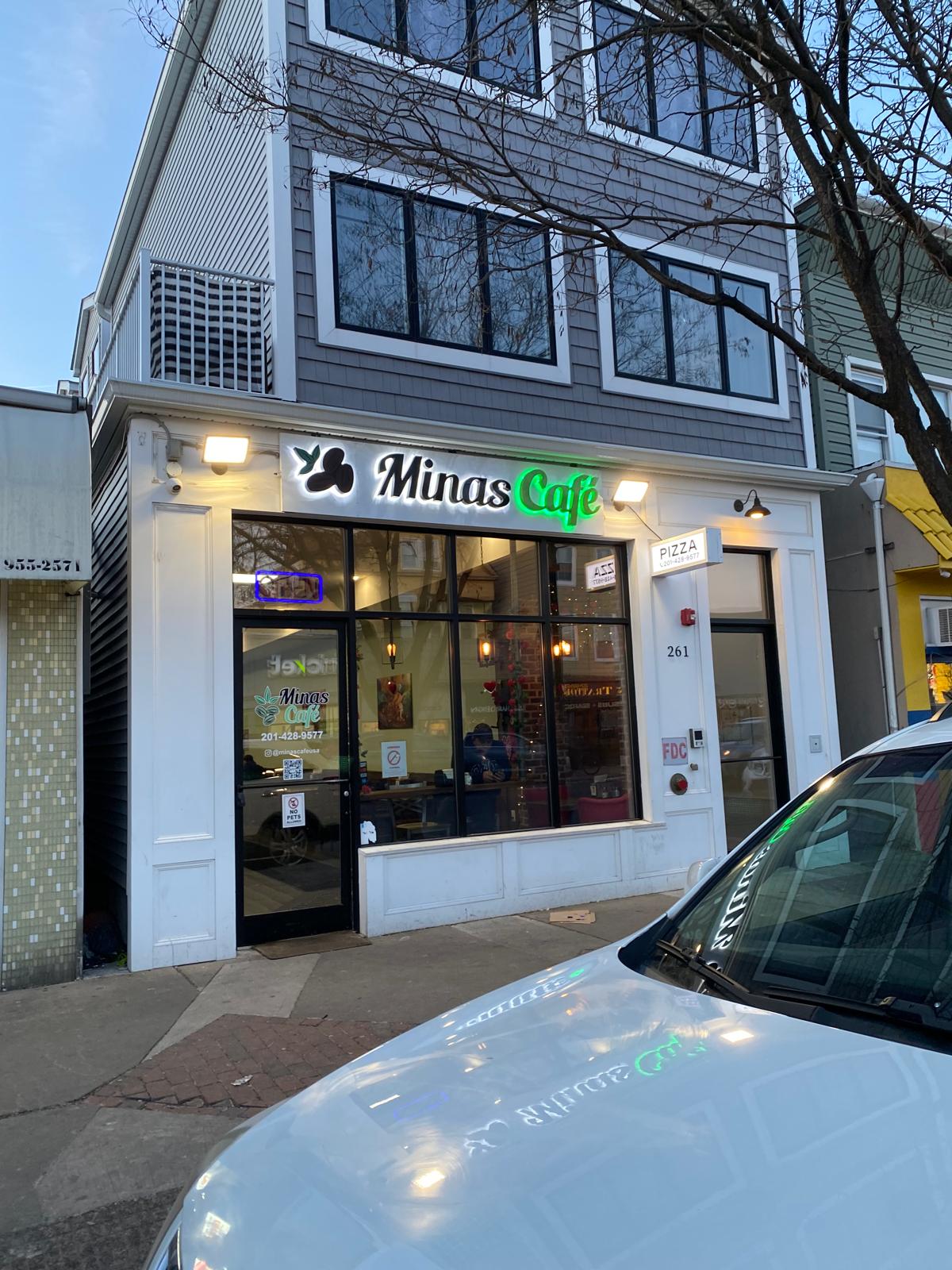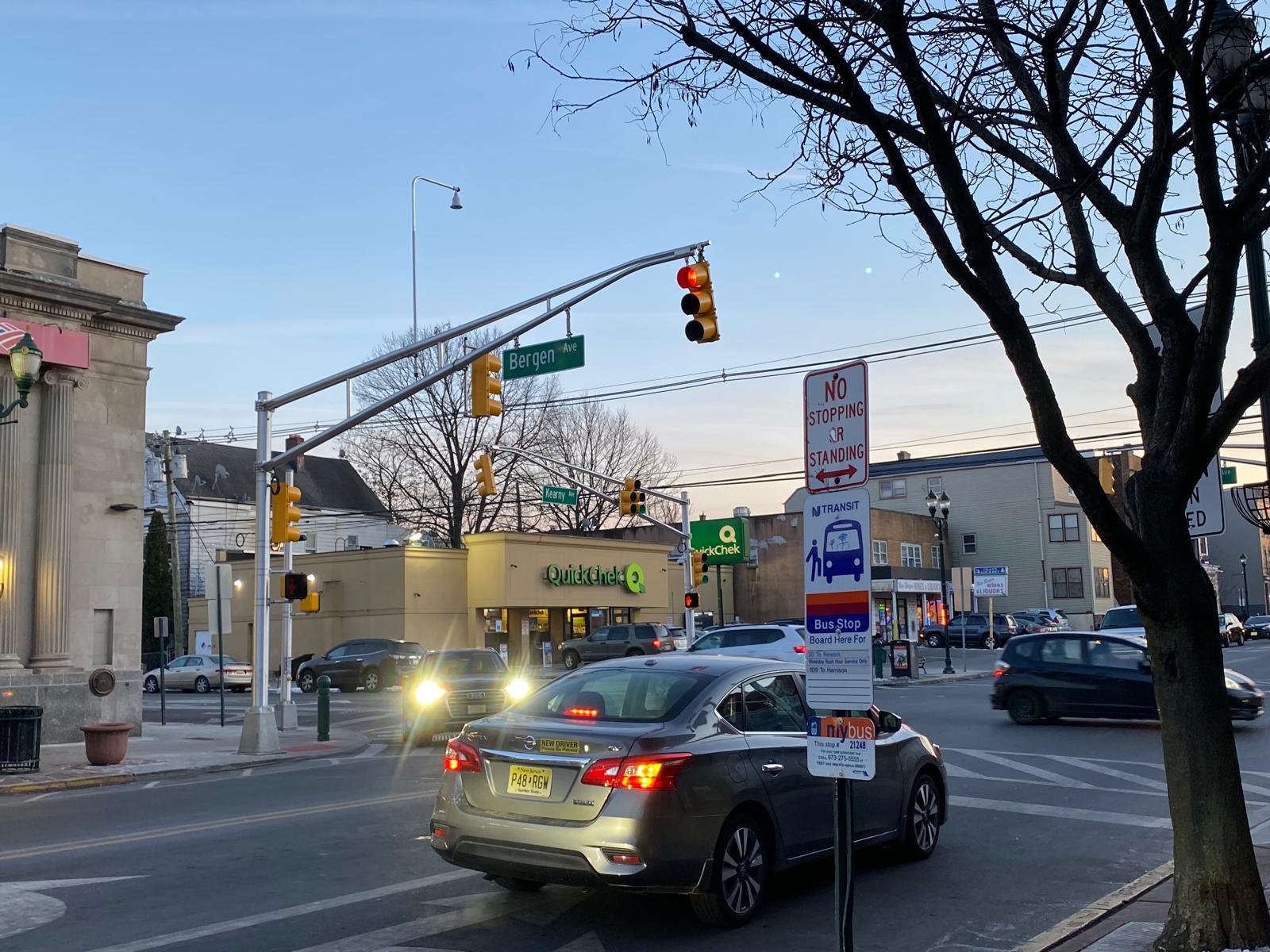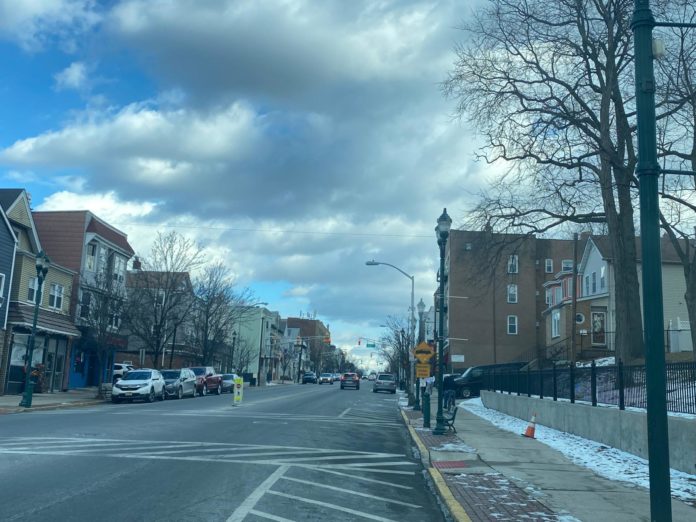
In a wave of coordinated operations, the Trump administration has ramped up immigration enforcement across the United States, resulting in the arrest of 4,521 immigrants, according to a report released by Immigration and Customs Enforcement (ICE) on Tuesday afternoon.
Since the operations began last Thursday (23), ICE has also filed 3,519 requests for arrest warrants, although it remains unclear how many of those detained are in the country illegally.
The operations, conducted in partnership with federal agencies such as the FBI, the Bureau of Alcohol, Tobacco, Firearms, and Explosives (ATF), the Drug Enforcement Administration (DEA), and the U.S. Marshals Service, have targeted immigrants in multiple cities across the country.
However, these actions have sparked controversy and criticism, especially following reports of arrests of U.S. citizens, including a war veteran, in Newark, New Jersey, a city neighboring New York.

Newark Mayor Ras Baraka accused the federal government of overstepping its boundaries by arresting American citizens during these operations. “This isn’t just about immigration. It’s about the right of people to feel safe in their own homes,” Baraka said indignantly.
Supporters and defenders of Trump spoke with S&DS in Newark today [28].
“What would you do if criminals broke into your house? That’s what Trump is doing!” stated local businessman Paul Smith.

In Chicago, a Democratic stronghold and home to a large immigrant community, ICE agents went door-to-door searching for undocumented immigrants. This strategy has sparked fear and outrage among residents, who see the actions as an invasion of privacy and an assault on human rights. Immigrant advocacy organizations and community leaders have mobilized to provide legal support and ensure the rights of detainees are upheld.
While the Trump administration defends the operations as necessary for national security and the enforcement of immigration laws, critics argue that these aggressive tactics are creating an atmosphere of fear and distrust, particularly in immigrant-dense communities.
The lingering question, echoed by many Americans like Smith, is: “What would you do if criminals broke into your house?” For thousands of immigrants and their advocates, the answer is clear: resist and fight for justice.





